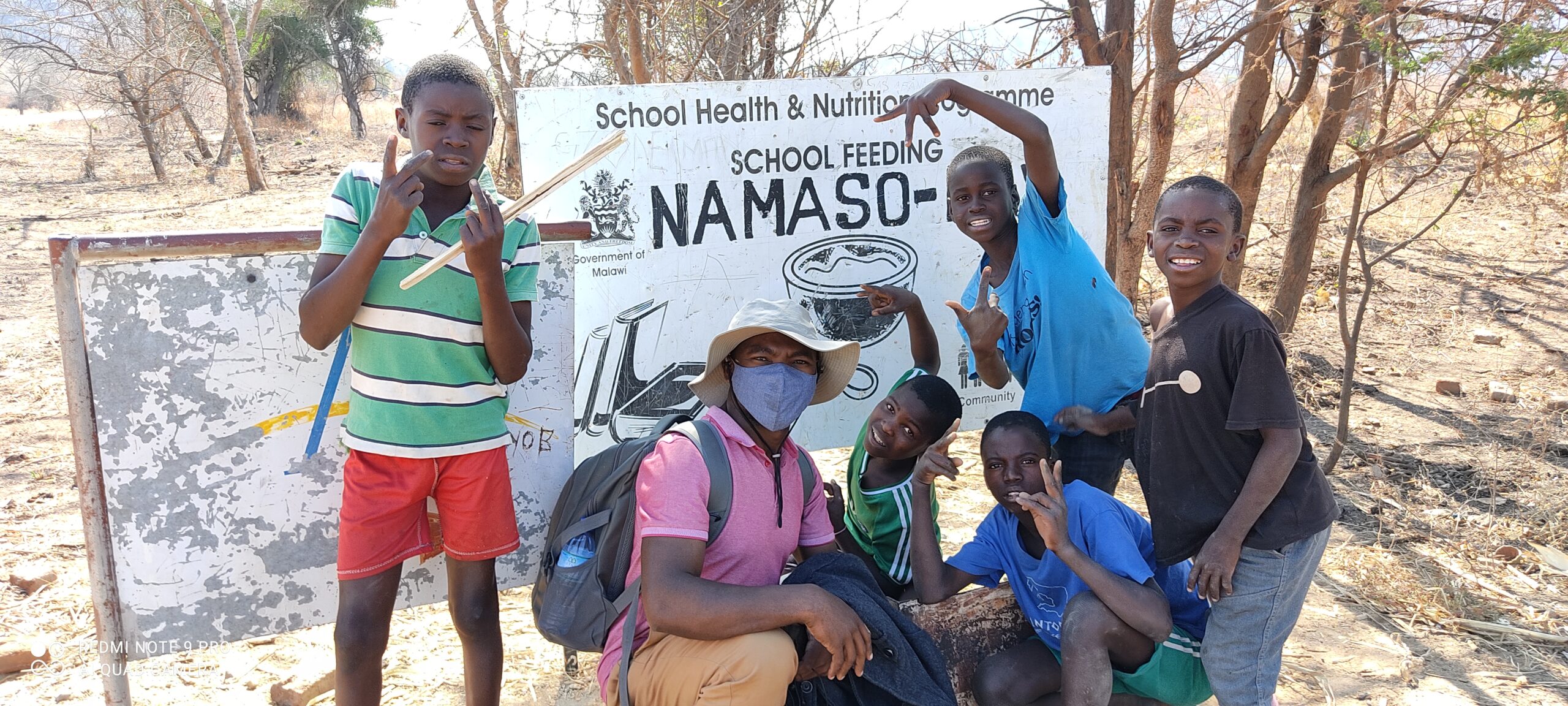We are pleased to announce our next Lunchtime Seminar showcasing ‘Home-Grown School Feeding delivering nutritional and dietary diversity: Lessons from GIZ Afikepo NAPE programme, Malawi’ presented by Gilbert Ngwaneh Miki, Early Career Researcher, School of Agriculture, Policy and Development. The seminar will take place Friday 16th February at 13.00 – 14.00 via Microsoft Teams. If you would like to join us please Click here to join the meeting and share the invitation within your school/group.
Abstract
Currently the world is faced with global nutrition crisis, with overwhelming consequences of malnutrition. Many countries especially in the Global South experience multiple malnutrition burdens, with undernutrition threatening the health and future of school-aged children and their communities. The negative impact is more evident in poor, vulnerable and disadvantaged rural communities. Amidst these challenges, Home-Grown School Feeding (HGSF) stands out as an approach to significantly address issues related to nutrition and diets among poor, vulnerable, and disadvantaged communities. However, evidence is lacking on implementation of HGSF within multi-sectoral programmes and this study is partly an attempt to uncover the impact of HGSF on nutritional wellbeing and dietary practices among smallholder farmers and their households in Malawi. With School feeding linked to local food production (HGSF), this study explored the extent to which HGSF stimulate diversification of crop production for improved nutrition and dietary diversity. While various HGSF models were explored, this session focuses on the GIZ Afikepo NAPE programme which prioritised the community-based approach, with school feeding used as an entry point to influence behaviour change towards nutrition and dietary diversity in rural communities through nutrition-sensitive agriculture. The study utilised mixed methods with key interest on the changes resulting from the community-based HGSF intervention. This involved 153 household surveys, 40 in-depth interviews, 20 key informants and 6 focus group discussions. Findings from the study showed that HGSF especially the community-based approach contributed to stimulating crop production diversification and consequently the diversity of food consumed at the school and household levels. Smallholder farmers in particular reported increased food consumption scores, reduced coping strategies and increased household food basket. The study identified positive changes attributed to the GIZ Afikepo NAPE programme, with significant impact on nutrition and dietary diversity.

